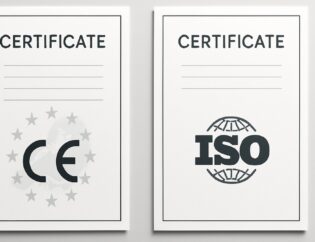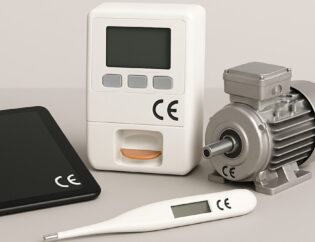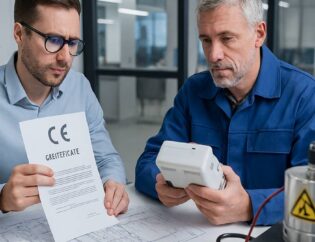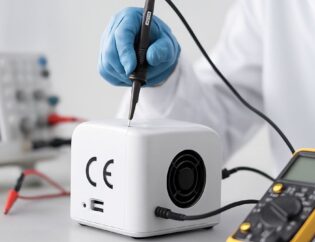
CE Certification under Machinery Directive 2006/42/EC: Safety and Compliance
Manufacturers operating in the machinery sector are required to obtain CE certification in order to place their products on the European market. This process is especially critical for machines covered under the Machinery Directive 2006/42/EC. The directive has been established to ensure that machinery is designed and used safely.
What is CE Certification and Why is it Necessary?
The CE marking indicates that a product complies with the European Union’s health, safety, and environmental protection requirements. The Machinery Directive 2006/42/EC defines these requirements specifically for machinery. Its main objectives are:
- Ensuring safe usage
- Protecting human health
- Reducing environmental risks
The CE mark means that the manufacturer declares the product’s compliance with the relevant legislation, and it is mandatory for free circulation in the EU market.
CE Certification Process
For a machine to bear the CE marking under Directive 2006/42/EC, the following main steps must be followed:
- Risk Assessment
A detailed risk analysis is carried out to determine whether the machine meets safety and performance requirements. - Preparation of the Technical File
The file includes the product’s technical specifications, design drawings, test results, operating instructions, and risk assessments. - Declaration of Conformity
The manufacturer issues an EU Declaration of Conformity stating that the machine complies with Directive 2006/42/EC and other applicable EU directives. - Affixing the CE Marking
After the Declaration of Conformity is prepared, the CE marking is affixed to the machine, allowing it to be placed on the EU market.
Essential Requirements of the Machinery Directive
Under Directive 2006/42/EC, machinery must meet minimum requirements related to:
- Durability
- Operator safety
- Emergency stop systems
- Noise and vibration control
- Ergonomics
- Fire and electrical risk protection
The Machinery Directive 2006/42/EC makes CE certification mandatory for machines to be placed on the EU market. This certification proves that products meet the required safety and compliance standards. It is essential for manufacturers to fully complete the processes of preparing technical documentation, conducting risk assessments, and issuing a Declaration of Conformity—not only to meet legal obligations but also to ensure user safety.









